United States deported five individuals to Eswatini, a landlocked nation in Southern Africa, under a controversial third-country agreement. These individuals, originating from Vietnam, Jamaica, Laos, Yemen, and Cuba, had been convicted of serious crimes in the U.S., including child rape, murder, and gang-related offenses. Their home countries had refused to accept them, prompting the U.S. to transfer them to Eswatini.
The Eswatini government confirmed the arrival of these individuals, stating they were housed in isolated units within correctional facilities. Acting government spokesperson Thabile Mdluli emphasized that this decision was made in line with Eswatini’s sovereignty and longstanding diplomatic relations with the United States.
The South African government expressed deep concern over this development, citing potential implications for national security and immigration policies due to the geographical proximity between the two nations. Chrispin Phiri, spokesperson for the Department of International Relations and Cooperation (DIRCO), conveyed these concerns, highlighting the potential adverse impact on South Africa’s national security.
Analysts and human rights organizations have raised alarms about the potential regional security risks posed by this arrangement. Bheki Makhubu, editor of The Nation magazine in Eswatini, expressed fears that the deported individuals might seek to enter South Africa, given its larger economy and more extensive opportunities. He described the move as a “complete surprise” and felt that the leadership had “sold our country to Trump behind our backs.”
In response to these concerns, the South African government summoned the Eswatini High Commissioner to express its apprehensions directly. The meeting underscored the importance of regional cooperation and the need for transparent communication regarding such sensitive matters.
The situation has also sparked public outrage within Eswatini, with citizens demanding clarity on the terms of the agreement and questioning the lack of parliamentary oversight. Civil society organizations have called for full transparency and accountability from the Eswatini government regarding this arrangement.
As the situation develops, both South Africa and Eswatini continue to navigate the complexities of international relations, national security, and regional cooperation. The incident underscores the delicate balance between sovereign decisions and the broader implications for neighboring countries.

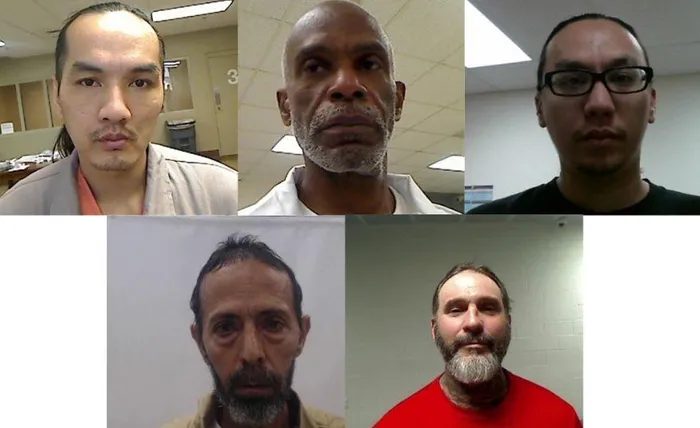





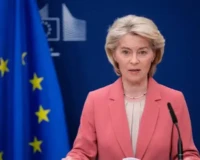
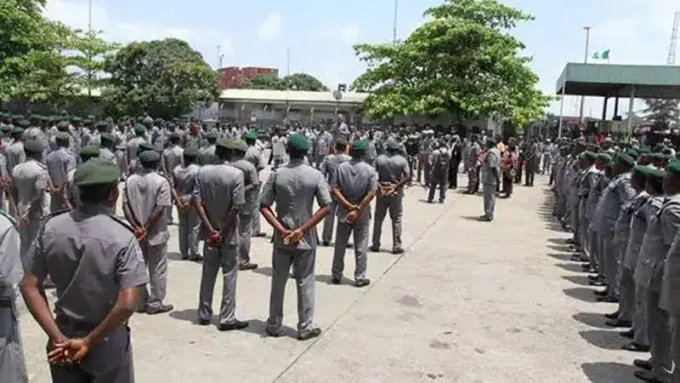
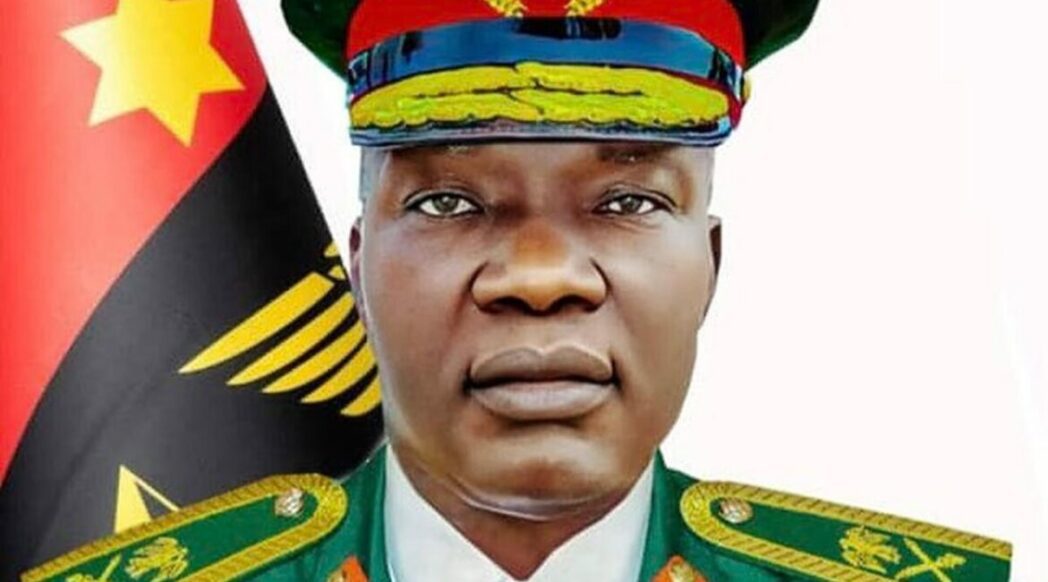
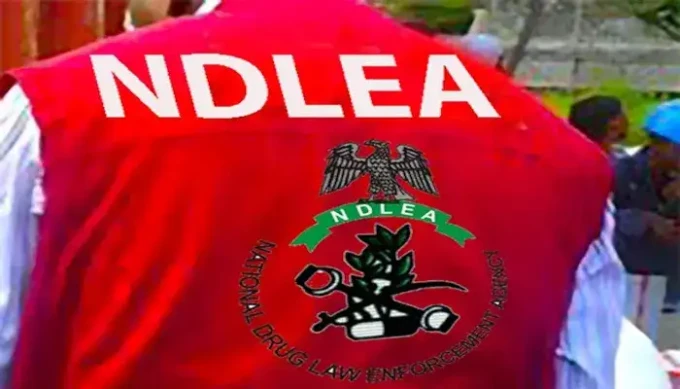
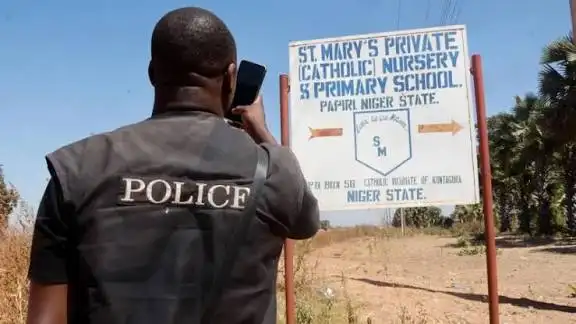
Why is South Africa so involved in Eswatinis affairs? Shouldnt they focus on their own issues first? Just a thought.
Is it fair for South Africa to summon Eswatini envoy over US deportation of criminals? Share your thoughts!
Is it fair for South Africa to summon Eswatini envoy over US deportations? Seems like shifting blame. What do you think?
I believe South Africa should focus on their own crime issues instead of meddling in Eswatinis affairs. Priorities, people!
Should South Africa be held responsible for criminals deported from the US? Lets discuss in the comments!